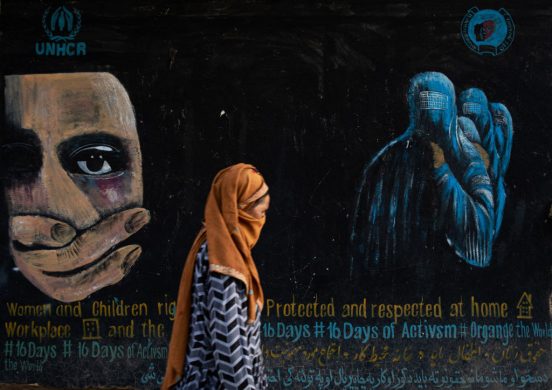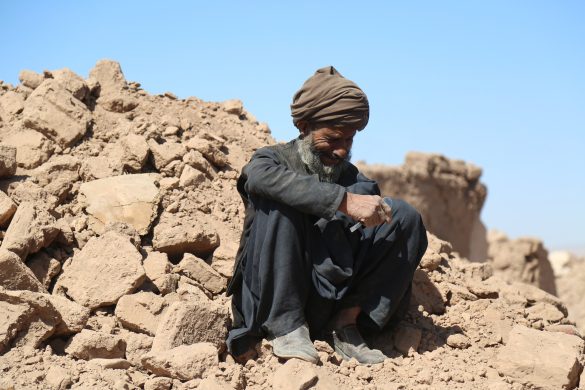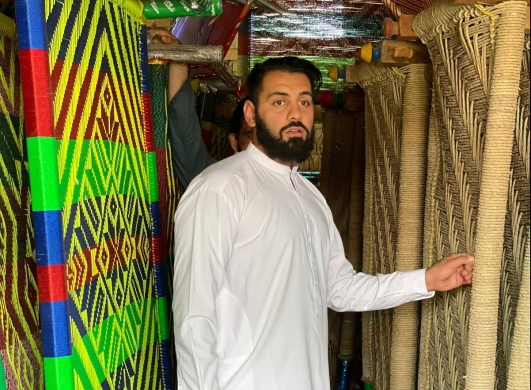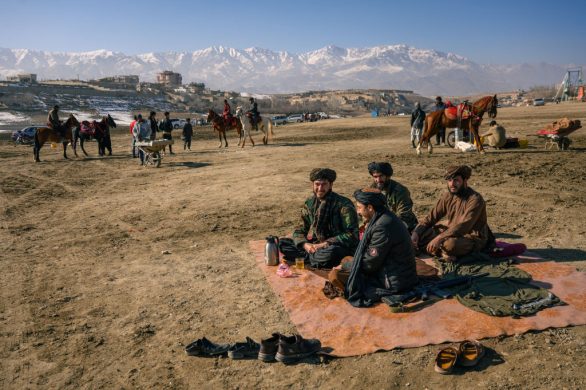Mens Afghanistan er udnævnt til største modtager af dansk udviklingsbistand de kommende år, fortsætter rapporterne om udbredt tortur og voldsom mishandling i landets fængsler. Og ingen er dømt for at udøve tortur siden 2010, konstaterer FN.
NEW YORK, 25 February 2015 (UN News Service): The latest UN report – the third of its kind – is based on interviews with 790 conflict-related detainees between February 2013 and December 2014 in the war-ravaged Central Asian country.
It highlights ill-treatment and torture during the arrest and interrogation phases in numerous facilities across the country with many alleged members of the Taliban and other anti-Government groups subjected to “severe pain and suffering, aimed mainly at obtaining a confession or information.”
Overall, 16 methods of torture and ill-treatment were described including severe beatings with pipes (jernrør), cables and sticks, suspension (ophængning af fanger), electric shocks and near-asphyxiation (nær døden af iltmangel).
The report also documents a “persistent lack of accountability” (ingen stilles til ansvar, red.) with only one criminal prosecution for torture observed since 2010, despite numerous verified incidents raised with officials over the course of the reporting period.
Torture is prohibited and criminalized under Afghanistan’s Constitution and laws and under international law.
But UN´s findings note that the country’s National Directorate of Security and the Ministry of Interior accountability and oversight mechanisms remain “inadequate, lacking independence, authority, transparency and capacity.”
Tortur opfattes som en “passende behandling”
Twenty out of 71 interviewed detainees reported having experienced torture or ill-treatment following their transfer to Afghan custody in 2013-14, including in Afghan facilities the International Security Assistance Force had certified as not using torture.
Moreover, the report points out that many Afghan security and police officials interviewed appeared not to accept that torture is illegal, instead viewing it as an appropriate method by which to extract valuable information.
“The Government of Afghanistan’s efforts to prevent torture and ill-treatment have shown some progress over the last two years but much more remains to be done”, the United Nations Assistance Mission in Afghanistan (UNAMA) stated Wednesday as it released its latest report on the treatment of conflict-related detainees in Afghan custody.
“UNAMA’s finding that torture of conflict-related detainees persists in spite of Government efforts over 2013-14 to address it is a source of serious concern,” said the UNAMA Human Rights Director, Georgette Gagnon, adding: “Continuing impunity (straffrihed) for the use of torture allows torture to continue.”
Kun indgriben fra højeste sted kan ændre noget
“Accountability – particularly the prosecution of both those who perpetrate and administer torture, and those who order or condone (billiger) it – is a key means of signalling political commitment at the highest levels to end it,” Ms. Gagnon noted.
“Torture is a very serious crime, for which there can be no justification. The international prohibition is absolute,” UN High Commissioner for Human Rights Zeid Ra’ad Al Hussein stressed, adding: “We have seen many examples showing how its use undermines national security and proves counter-productive.”
He pointed out that both the Afghan Constitution and the Criminal Procedure Code include due process guarantees to protect detainees from the use of torture and ill-treatment, including the prohibition of using evidence gained through torture.
Nevertheless, the report also shows a 14 per cent decrease in the number of detainees tortured or ill-treated compared to the previous reporting period.
The report was jointly produced with the Office of the UN High Commissioner for Human Rights (OHCHR) in Geneva.














